Sitting here holding my Switch 2 controller, the promise of enhanced experiences for my beloved Switch library feels tangible. Most of my old games just work, humming along quietly like reliable friends. But a select few? They’ve gotten the full glow-up treatment – resolution boosts, silky smooth frame rates, sometimes entirely new features like GameShare making a triumphant return. It’s exciting, sure, but digging into the details reveals a landscape dotted with brilliance, baffling choices, and the ever-present question: "Why charge me for fixing your performance issues?" Let me walk you through what stands out.
Kirby and the Forgotten Land: Whimsy at 60 FPS
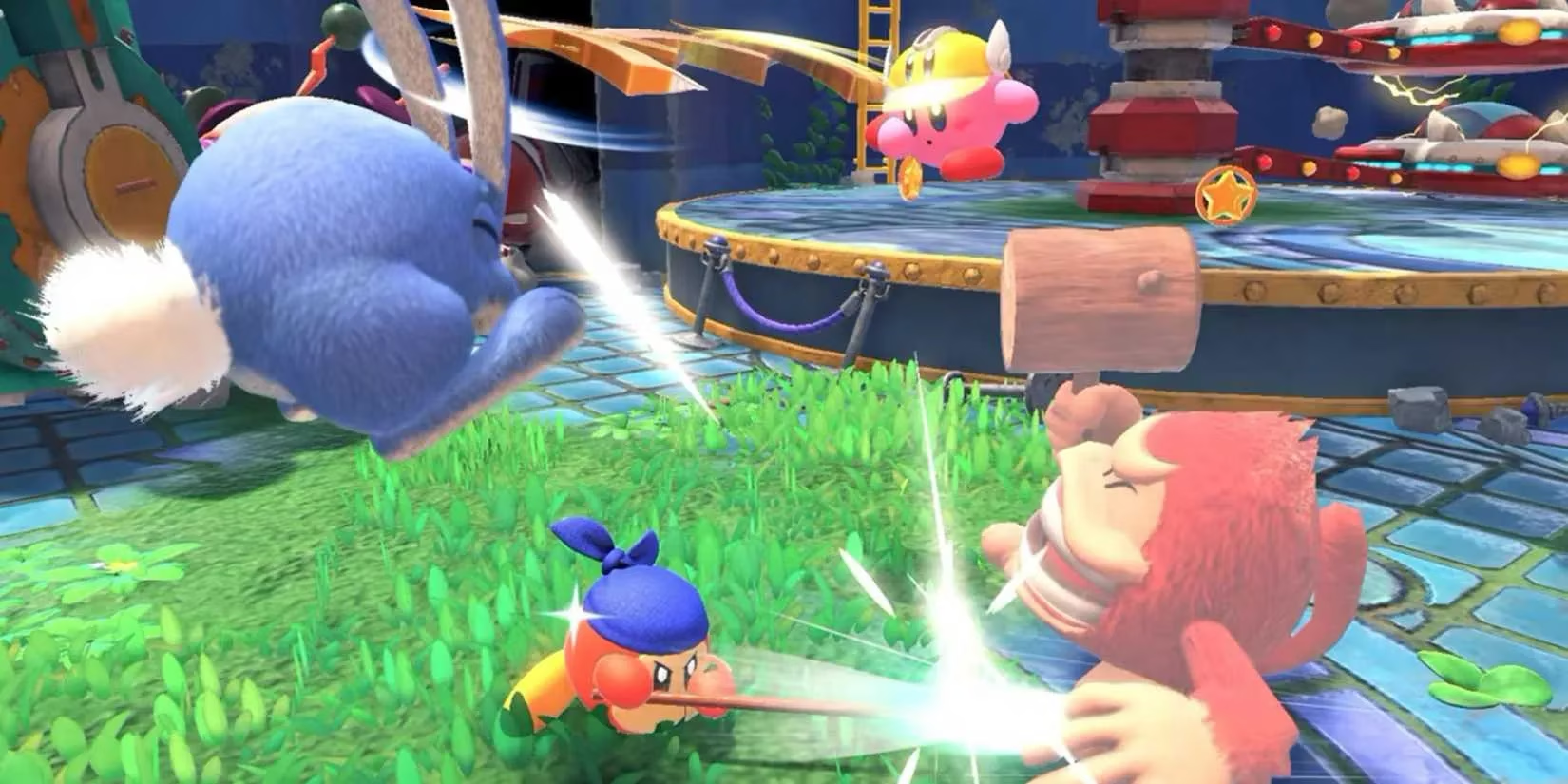
My favorite game of 2022? Without a doubt, Kirby and the Forgotten Land. HAL nailed Kirby's leap into 3D on the first try. On the OG Switch, it was charmingly locked at 30 FPS, with distant enemies chugging along at lower rates – quirky, sometimes jarring. Now? Everything runs at a buttery smooth 60 FPS. It transforms the feel, making exploration and combat feel even more responsive. The real surprise? The free 'Starfall' DLC campaign. Star Allies gave us bite-sized freebies, but this? It feels substantial, reworking base game levels with fresh gimmicks and design twists. A fantastic free upgrade for an already stellar game. HAL gets it right.
Super Mario Party Jamboree: Saving the Party (For a Price)
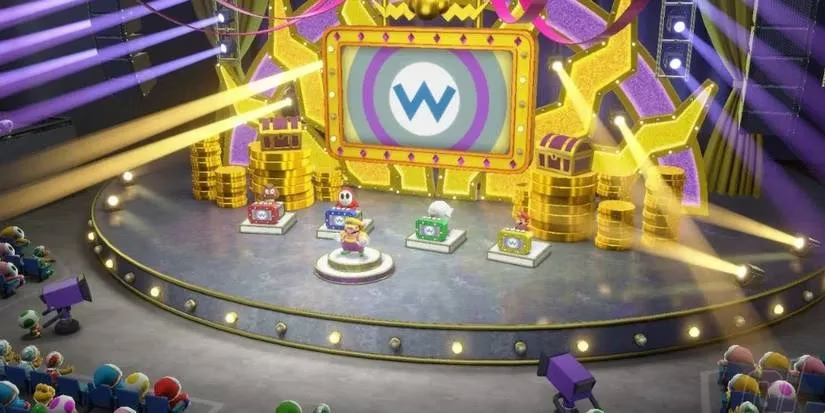
After Superstars revived hope, Jamboree genuinely delivered – ditching that awful car mechanic, finally giving us real boards instead of squiggly lines, and packing in more characters. But the mini-games? Middling. Enter the Jamboree TV add-on. Looks fun... but requires the Switch 2 Camera, heavily marketed with it. I suspect the $20 upgrade is useless without that $55 peripheral. Is it a clever expansion or a cynical gimmick? The camera dependency makes me lean towards the latter, tempering my enthusiasm for what is otherwise a solid party revival.
Zelda: Tears of the Kingdom - Paying for Performance & Pointless Apps
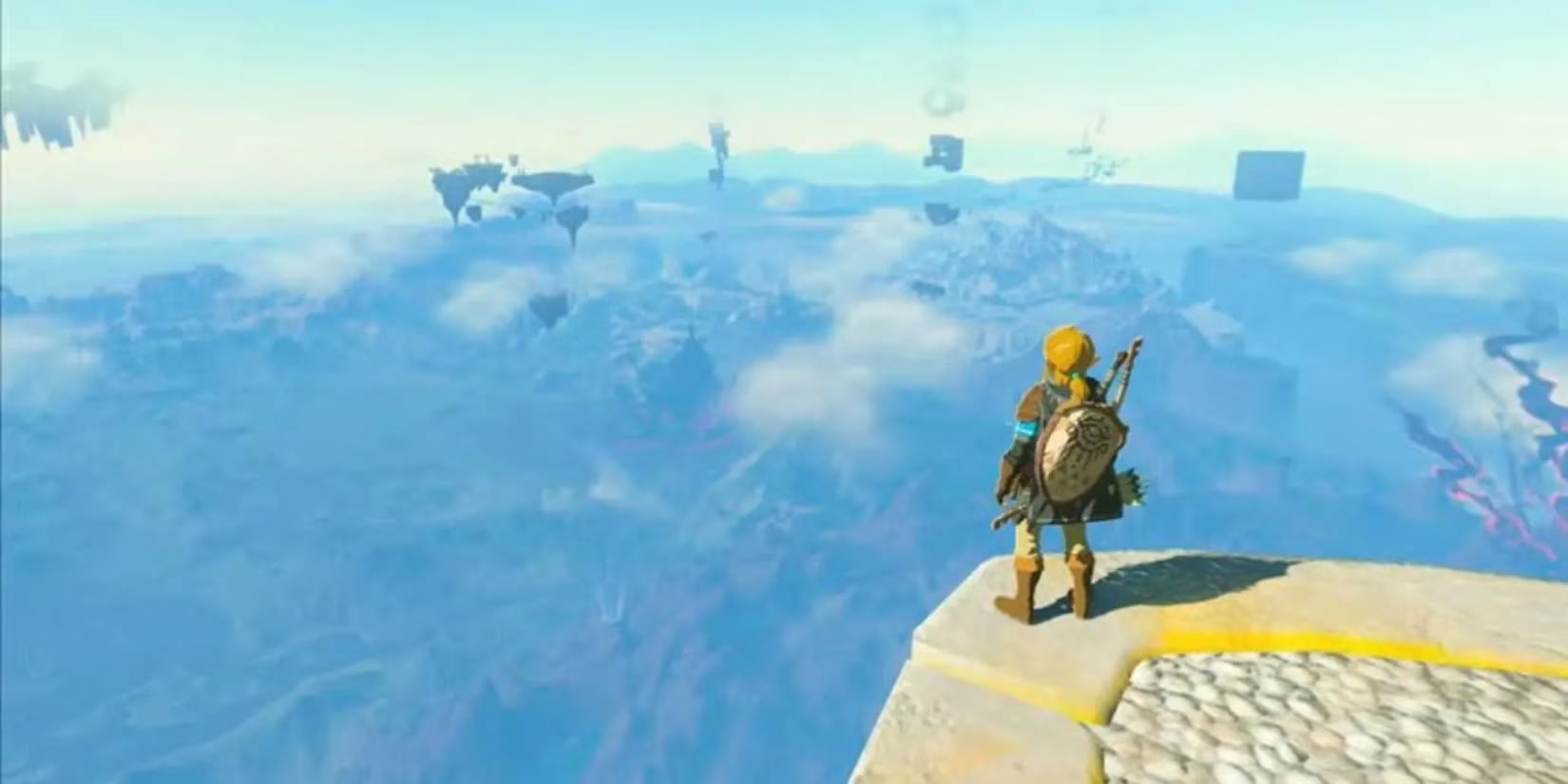
Ah, the controversial $10 upgrade. Tears of the Kingdom finally gets a stable 60 FPS, higher resolution, and faster loading. It needs it, and those changes are glorious. But then there's "The Sheikah Slate Companion App." Let's be real: It feels like cheap padding to justify the price tag. Text-to-speech GPS directions? In a game with a perfectly functional map? Sharing autobuild schematics is neat, I guess, but half the fun was manually recreating those wild contraptions I saw online. My F-150 didn't need an app! Why not just bundle the essential performance fixes for free, like other titles, instead of tacking on this fluff?
Breath of the Wild: Smoother Sailing, Same App Nonsense
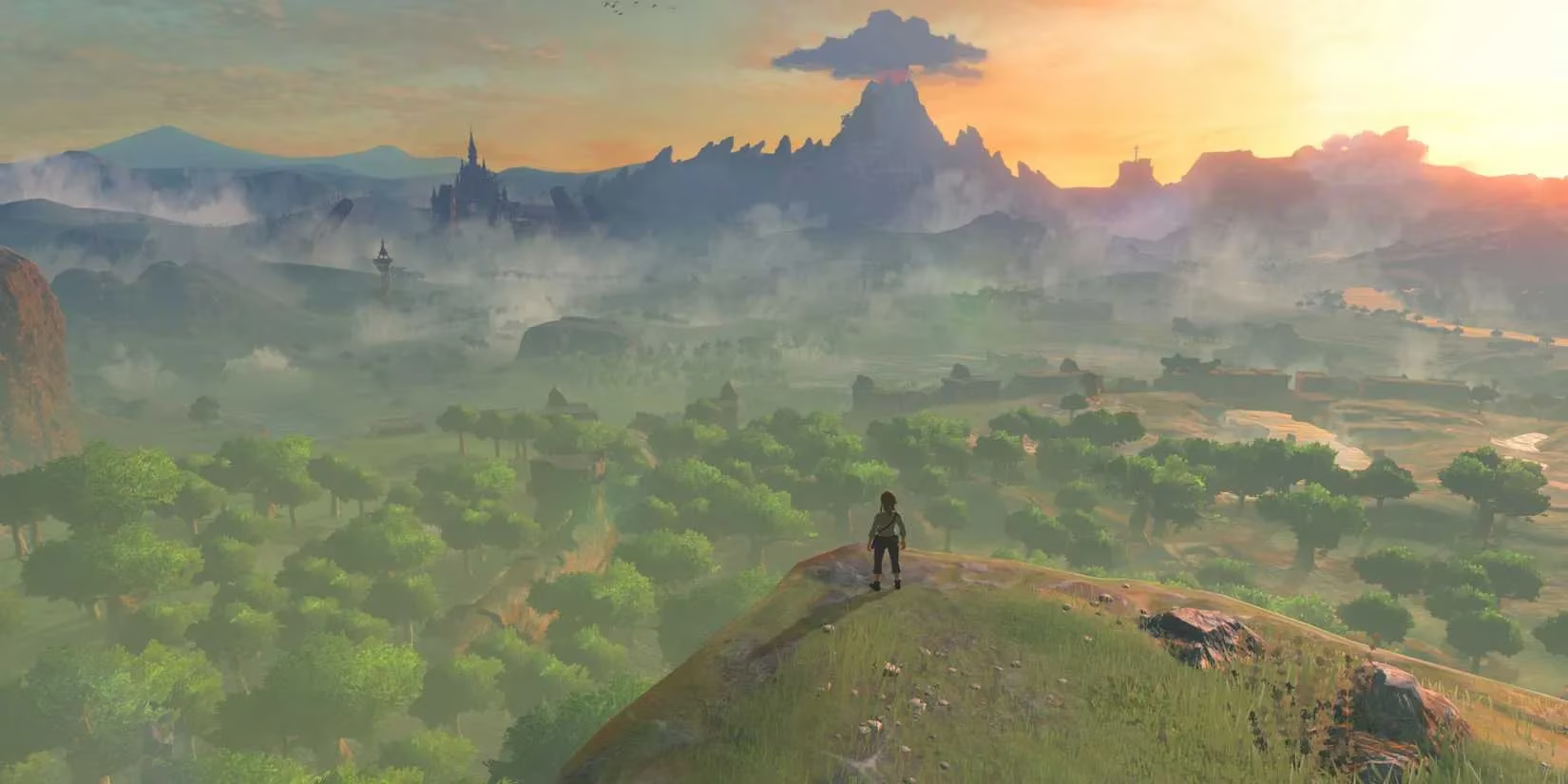
Another $10. Another resolution bump and smooth 60 FPS for Hyrule. Another essential upgrade, especially for those infamous Korok Forest frame-drops. But again, the same baffling Companion App. No autobuild schematic sharing here (understandable), making its inclusion even more pointless. Need recipe help? Guides exist. This feels like a lazy copy-paste job onto the upgrade. At least the performance makes revisiting this masterpiece a genuine joy, but the app is pure dead weight.
Pokémon Legends: Z-A - The Most Egregious Paid 'Fix'
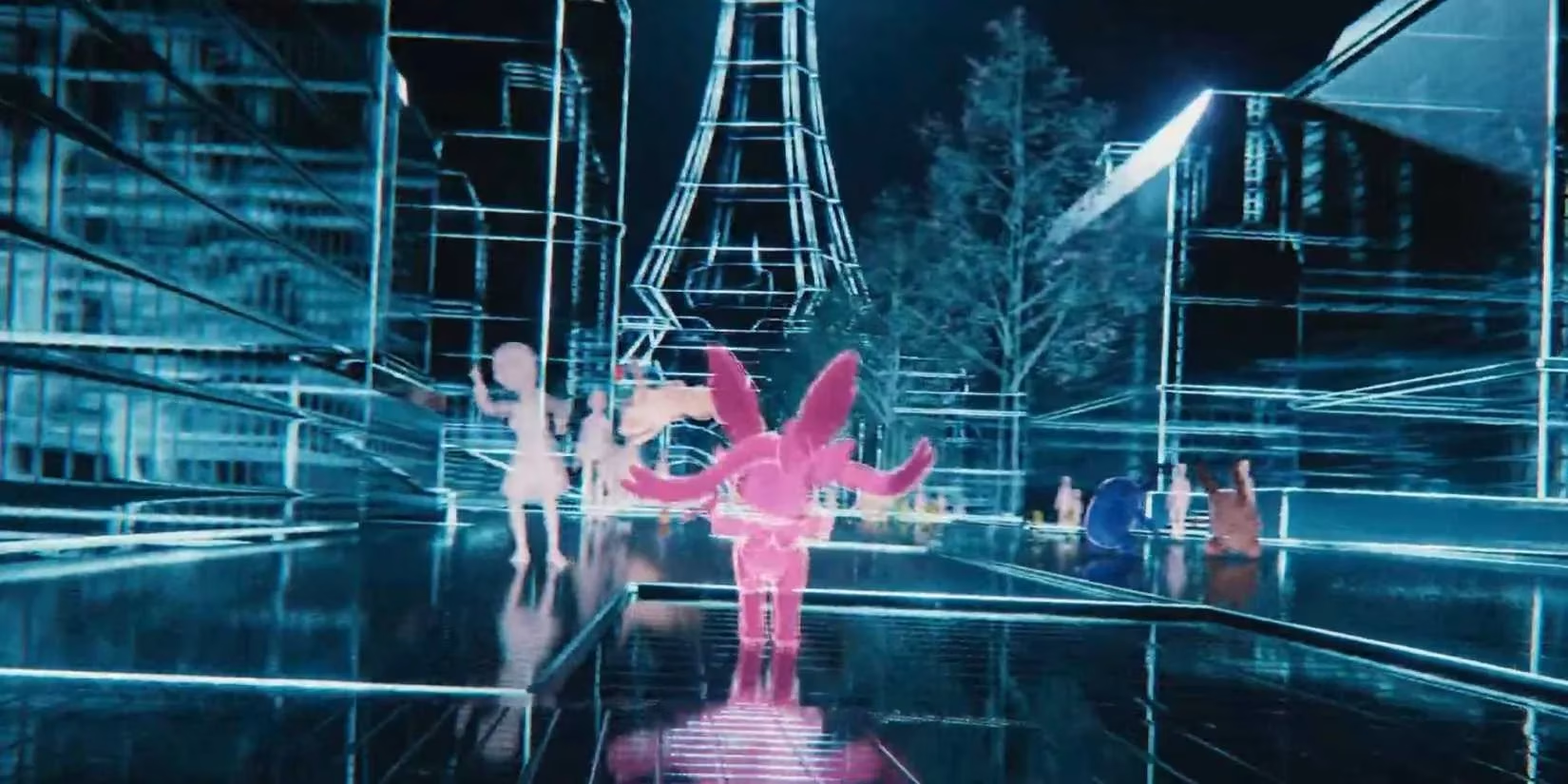
This one genuinely baffles me. Z-A isn't even out yet! Standard practice? Release a unified $70 game that plays best on Switch 2. Nintendo's approach? Sell the Switch 1 version for $60, knowing it'll likely run terribly (hello, modern Pokémon optimization!), then charge Switch 2 owners an extra $10 just for the performance/resolution upgrade it should have had from the start. No new content. Just fixing what should be baseline. I adored Legends Arceus, and Z-A's Xenoblade-inspired combat and open world look promising, but this pricing model feels like pure gouging. Is it worth $70 total for a game that might hit an unstable 60 FPS? Hard sell.
Metroid Prime 4: Beyond - Retro's Masterclass (Worth the $10?)
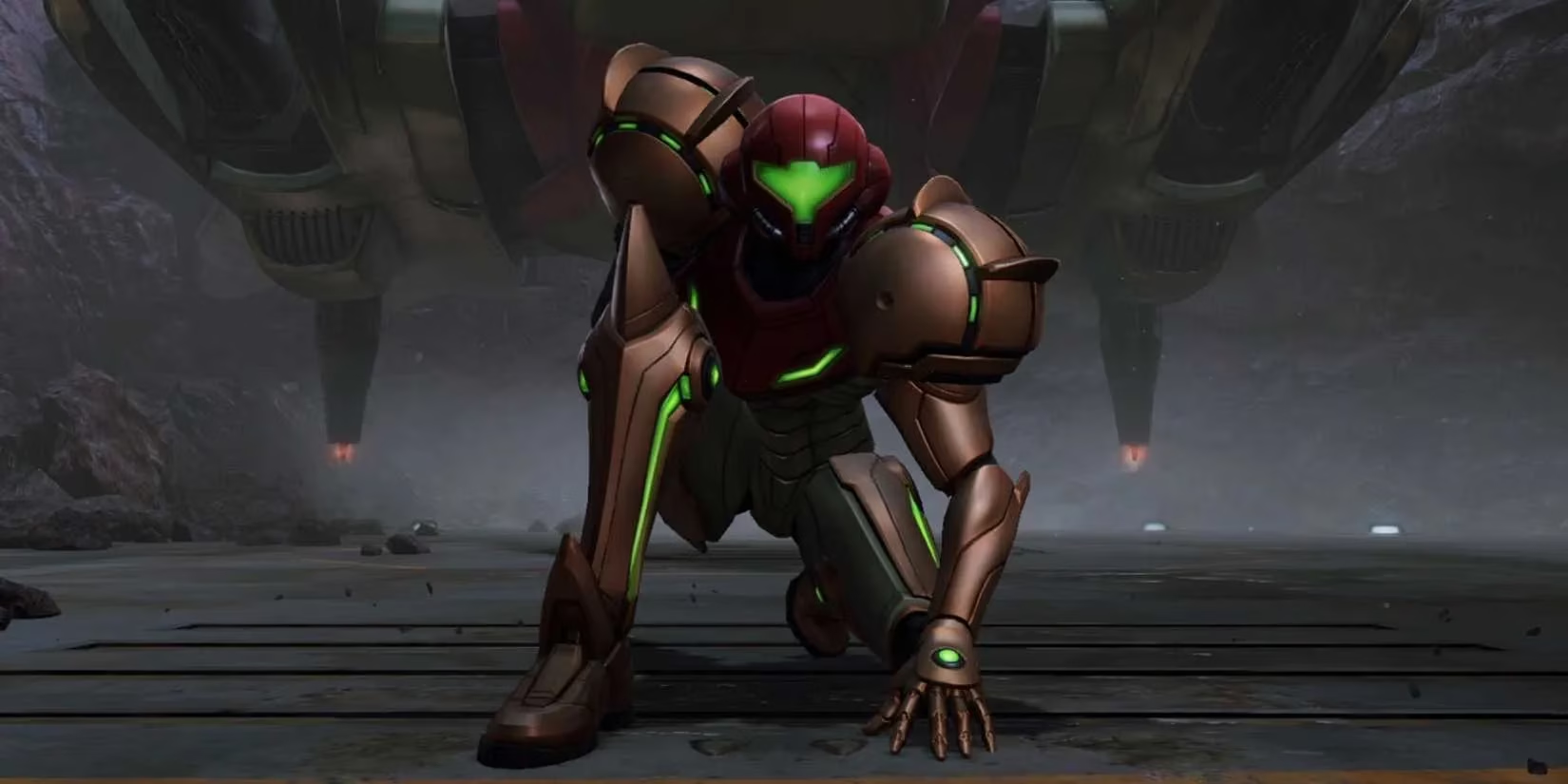
As a massive Metroid fan, seeing Prime 4 finally emerge from development limbo is pure joy. It already looked stunning on the Switch 1, but on Switch 2? It's jaw-dropping. 4K/60fps or 1080p/120fps – both look phenomenal, pushing the hardware hard. The addition of mouse-like pointer controls (a la PrimeHack) is a game-changer for precision aiming. Do I wish the $70 base game included this? Absolutely. But compared to others, this $10 upgrade feels substantial – the visual leap is huge, and the control improvement justifies the cost for me. Retro Studios delivered power where others delivered pennies.
Super Mario Odyssey & Captain Toad: Free & Fine
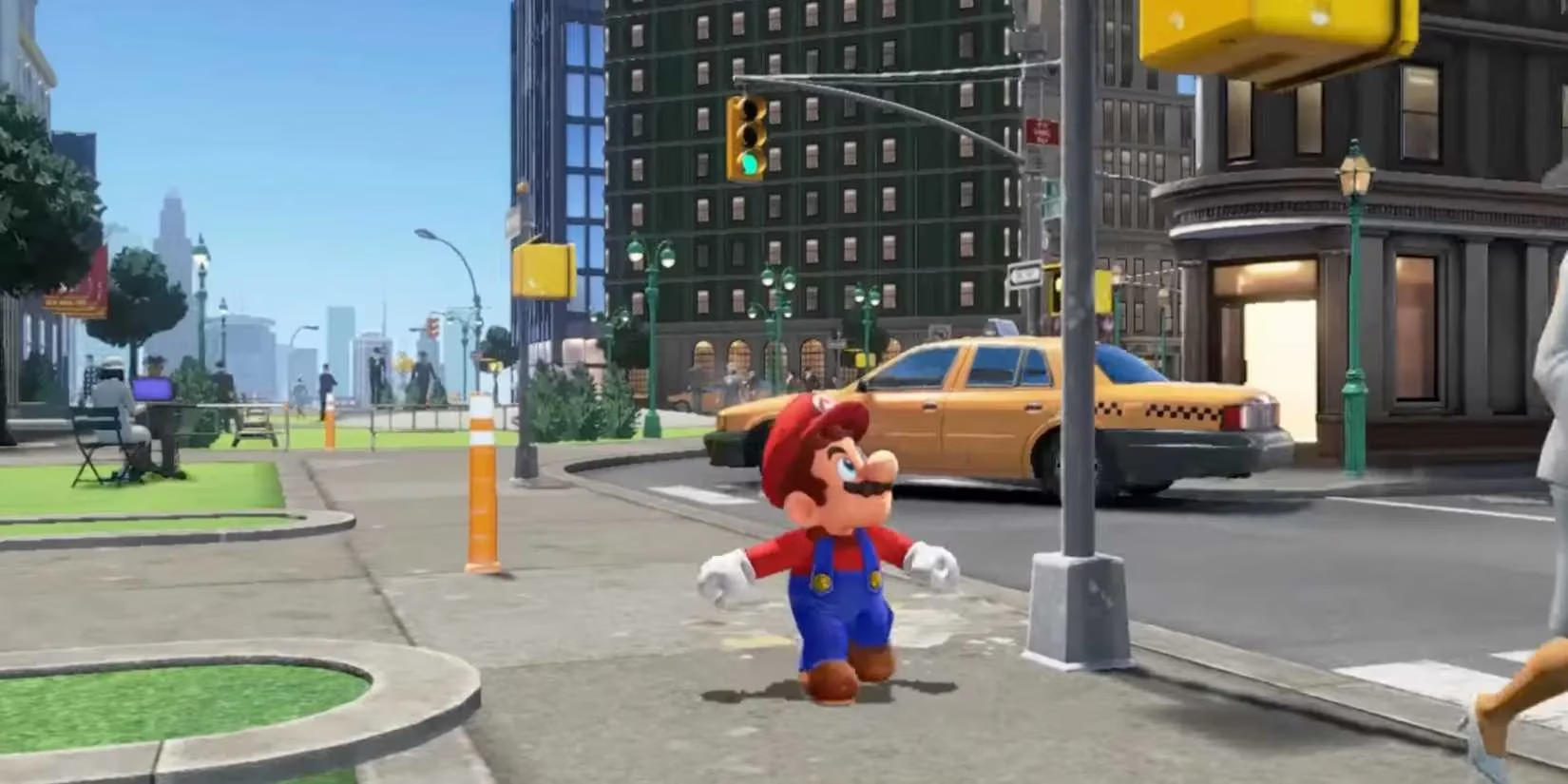
Odyssey, already a near-perfect 1080p/60fps on Switch 1, gets minor boosts – slightly faster loads, maybe a touch more stability. GameShare multiplayer is added, but let's be honest, Odyssey's co-op was never the main draw. It's mostly just a nice excuse to revisit one of gaming's greatest. Captain Toad: Treasure Tracker? 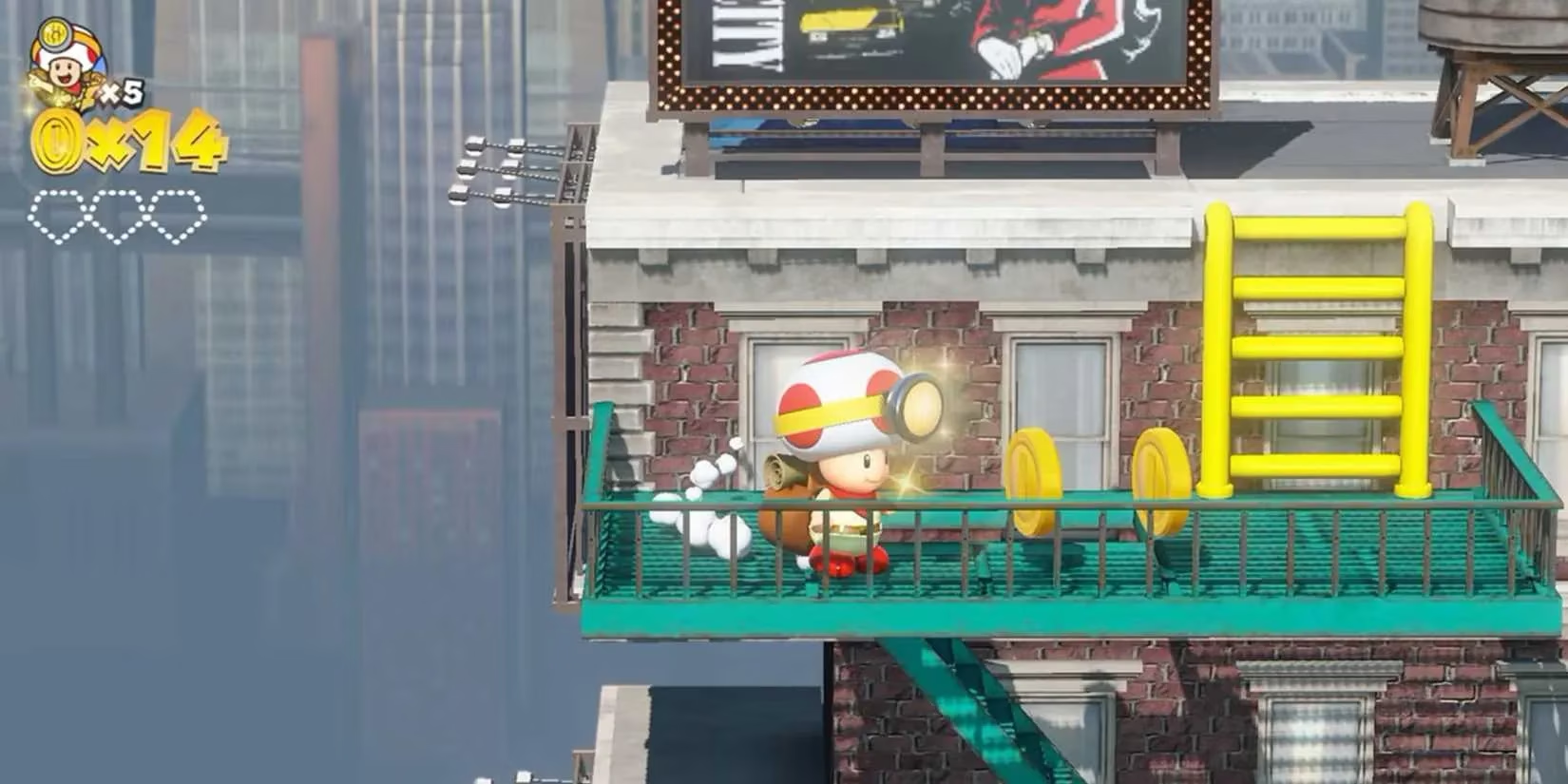
A free resolution bump for a slow-paced puzzle gem. Unnecessary? Probably. Unwelcome? Not at all. If you haven't played this charming, jump-less adventure, the prettier visuals are a bonus reason to dive in. Neither upgrade is revolutionary, but they're free, so who's complaining?
Clubhouse Games: GameShare's True Champion
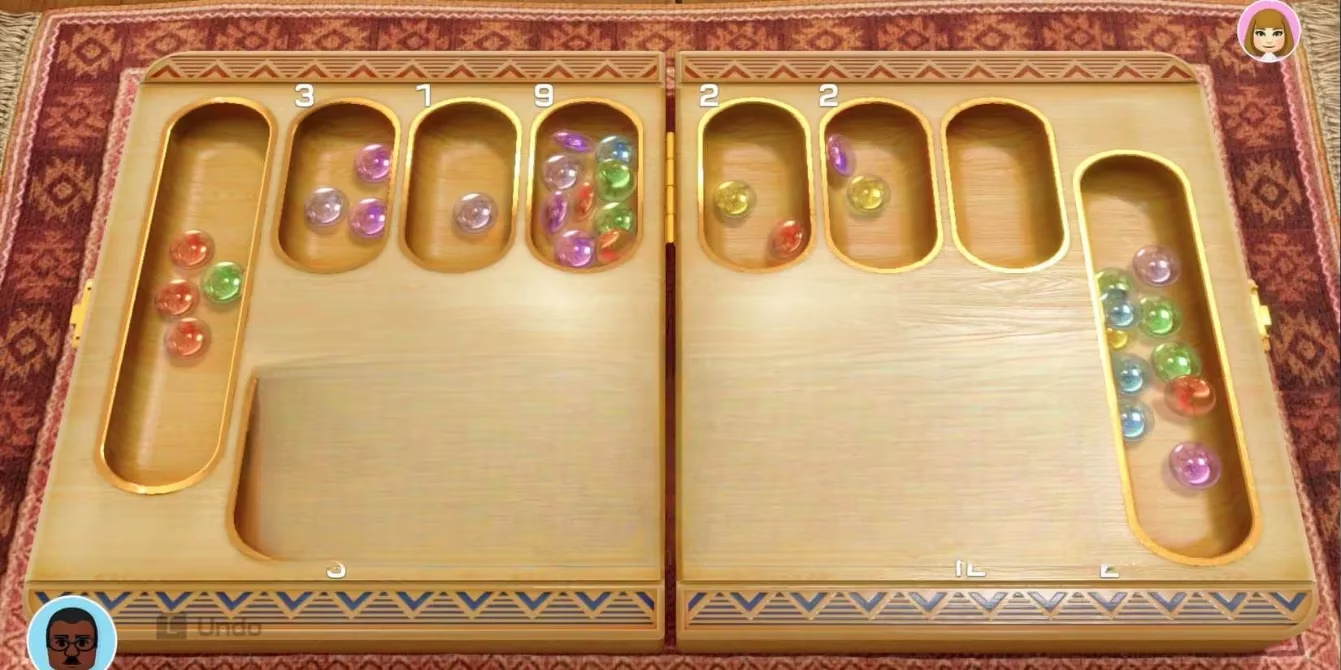
Now, this is where GameShare shines. I adore Clubhouse Games: 51 Worldwide Classics. Pool, Renegade, Mancala... endless fun (except Bowling, we don't talk about Bowling). The free upgrade enabling online GameShare is genius. No more begging friends to buy it! Just invite them to play anything, anytime, anywhere. It transforms this collection from a personal joy to a genuine social hub. This is the killer app for the feature, making digital board game nights effortless and proving online play doesn't always need complex systems, just accessibility.
So, where does this leave us? We've got stellar free upgrades (Kirby, Clubhouse Games), essential but overpriced patches (Zelda), a genuine tech showcase worth its cost (Metroid), and a head-scratching cash grab (Pokémon). Nintendo's approach feels inconsistent. Why reward loyalty for some franchises (Kirby) and seemingly exploit it for others (Pokémon)? Is GameShare's return a sign of a more socially connected Nintendo future, or will paid performance 'fixes' for new releases become the norm? As a player investing in their ecosystem year after year, I'm left wondering: When does enhancing become exploiting, and will Nintendo ever settle on a player-friendly standard? 🤔
For more perspectives on evolving multiplayer experiences and tactical gameplay innovations, check out OverwatchTactics, a dedicated blog for Overwatch fans exploring strategies, updates, and community trends in the hero shooter genre.